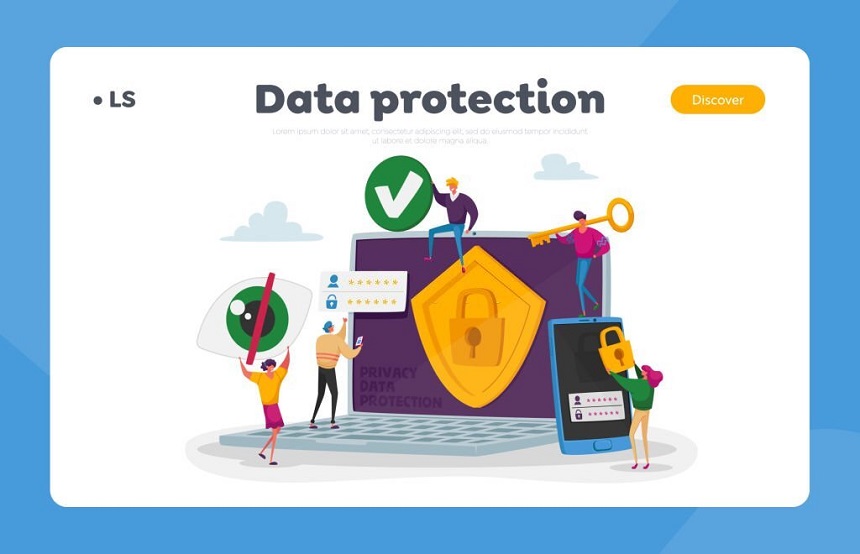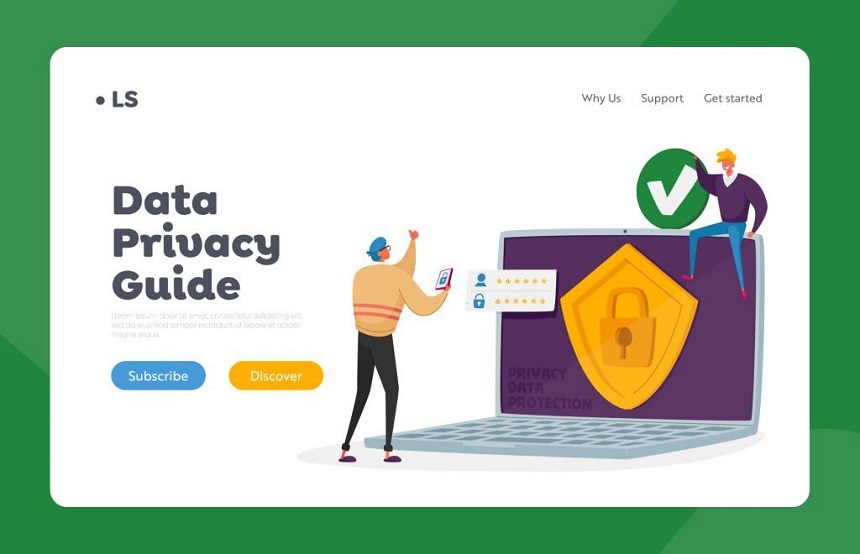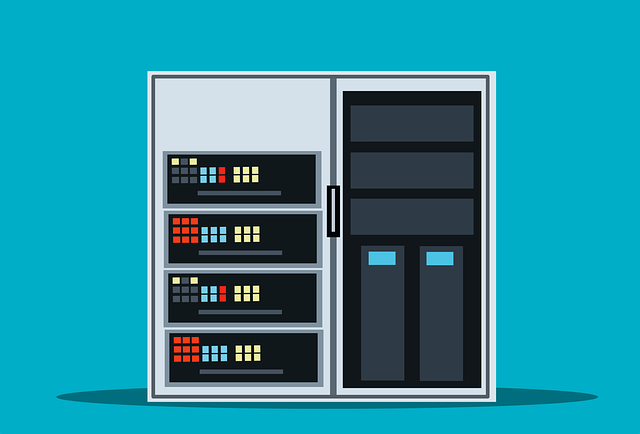What is proxy IP?
In the online world, we often hear about proxy IPs. But do you know what the proxy IP is? This article will introduce you to the concept, function and usage scenarios of proxy IP.
1. Definition of Proxy IP
Proxy IP (Proxy IP) is a way to forward network requests through a proxy server. Typically, network communications between a client and a target server are relayed through a proxy server. The proxy IP can hide the real IP address of the client and provide a layer of anonymity and security protection.
2. The role of proxy IP
2.1 Hide real IP address
When you visit a website, the web server is able to obtain your real IP address. However, in some cases, you may not want to reveal your real identity and location information. By using a proxy IP, you can hide your real IP address to protect your privacy.
2.2 Improve access speed
Sometimes, you may need to visit websites located in other countries or regions, and the servers of these websites are far away, resulting in slower access speeds. By using a proxy IP, you can choose a proxy server that is located where the target server is located, thus speeding up access.
2.3 Break through network restrictions
In some cases, you may encounter network restrictions or firewall issues that prevent direct access to certain websites or services. By using a proxy IP, you can bypass these restrictions to access blocked content normally.
2.4 Data Crawling and Validation
Proxy IP is also commonly used for data crawling and verification. By using multiple proxy IPs, the risk of a single IP address being blocked can be mitigated when large-scale data collection is performed on the target website within the same time period. In addition, by constantly switching the proxy IP, you can verify whether a service or website has restricted crawlers.
3. Proxy IP usage scenarios
3.1 Anonymous browsing and privacy protection
If you want to protect your privacy while browsing the web, you can use a proxy IP to hide your real IP address. This is useful for avoiding malicious tracking, ad targeting, and more.
3.2 Extending geographic access
Suppose you are an international company and want to test the user experience of your website in different regions. By using a proxy IP, you can simulate users located in various countries or regions, so as to better understand user needs and feedback.
3.3 Network security testing
In network security testing, the use of proxy IP can simulate the behavior of attackers. For example, in penetration testing, using anonymous proxy IPs to launch attacks can help companies assess their own security and fix potential vulnerabilities in a timely manner.
4. Summary
Proxy IP is a way of forwarding network requests through a proxy server. It can hide the real IP address, improve access speed, break through network restrictions, and be used in scenarios such as data crawling and verification. By using a proxy IP, we can protect personal privacy, expand geographic access, conduct security testing, and more. Understanding the concept and application scenarios of proxy IP will help us make better use of this technology.
Hope this article helps you! If you have other questions, feel free to continue asking.












